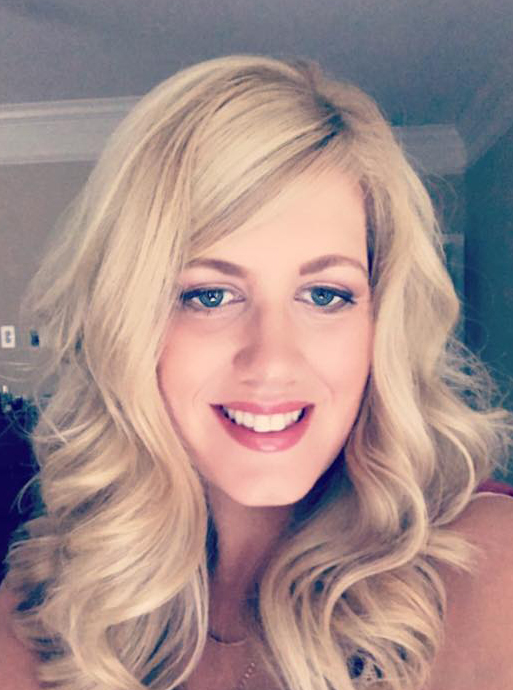Grit & Grace: Fight or Flight
Everyone has that moment in life that is burned into their brain—the exact instant frozen in time—the place, the smell, the people, and the words. Many patients say that the moment when they received their cancer diagnosis is forever embedded in their memory. But what happens after that? How do you cope in that moment of life-changing news? How do you know what to do next?
Processing a Cancer Diagnosis
The fight or flight response is a very real thing. Of course, there is the initial shock, but that gives way to reality and the challenges that lie ahead--physical, emotional, and spiritual. Naturally, we either shut down or go into overdrive, either of which can be detrimental to the long journey ahead. Here are few things to help you begin to process your diagnosis:
- Find a partner. We encourage patients to bring someone to all of their appointments if possible. The amount of information, especially right after diagnosis, can be overwhelming, not to mention foreign and clinical. Having an extra set of ears can take the pressure off of you as the patient to keep up with everything being thrown at you. No one should go through their fight alone. Pick someone who will be your advocate, but will also accept you as you are. There will be ups and downs on the road ahead, and you need to be able to trust your partner to support you. One person may not be able to fully support you in all the ways you need, so try find a small circle of trusted loved ones who can support you and each other.
- Take a moment to breathe. Literally, take a moment to step back and clear your head. You may feel out of control, and like you have to make too many decisions that very day just to regain control of the situation. But you don’t. You have time to try to process, ask questions, weigh your options, educate yourself, and get a second opinion if needed. Many things to come will be outside of your control, but strive to control the things you can.
- Educate yourself. Learn what you can about your diagnosis, but do it at your own pace and only use reliable sources. For some people, a lot of information makes them feel comfortable and prepared. For others, too much information too quickly can’t be processed. Keep a running list of questions as you think of them, and don’t be afraid to ask your doctor. The internet has many great resources available, but know that there is just as much unreliable and incorrect information. Start with reputable websites, such as American Cancer Society or National Cancer Institute. Hearing other cancer survivors’ stories can be encouraging, but know that every patient is different and your story won’t look like someone else’s.
- Get organized. Grab a notebook or use an app on your phone to keep track of appointments, necessary phone numbers, and information about your diagnosis. You will most likely be seeing multiple doctors and having tests at different locations. Take this information with you to all of your medical appointments to keep it updated and provide information as needed. Remember to keep a running list of your questions written down. It’s too hard to remember everything off the top of your head once you’re in the room with the doctor.
- Honor your emotions. Know that you will probably experience a wide range of feelings that may change at a moment’s notice. Grief, anger, fear, anxiety, and sadness are all normal emotions and part of the healing process. Suppressing these emotions can do more harm than good, so express how you are feeling. If you don’t want to talk with your loved ones, there are support groups available for this very thing. At the very least, it is helpful to sort out your feelings by writing them down. Try to stay positive, but don’t fake it. Give yourself the freedom to have good days and bad days. And look for healthy ways to cope—yoga, meditation, art, reading, photography. Find something you enjoy that provides a healthy outlet and gives you a sense of normalcy.
Finding calm in the face of bad news can seem nearly impossible, but knowing you are not alone can provide hope for the journey ahead. At Tunnell Cancer Center, we have resources available to help you navigate a cancer diagnosis, from Navigators, Care Coordinators, and a doctor on call 24/7 to one-on-one counseling and support groups, we are here to support you medically and emotionally.

